Now that summer is here, there are a huge amount of jobs that you need to complete to stay on top of your garden. As the weather improves, the number of gardening jobs and gardening maintenance needed to keep your garden looking beautiful over the coming month’s ramps up. Warmer weather means dryer soil and plants and therefore the level of care needed to keep everything in your outdoor area healthy needs greater attention.
Before you start completing your July gardening jobs it is important that you make sure that you have completed all of the June gardening jobs that needed to be done.
1- Water New Trees, Shrubs And Perennials
It is incredibly important to water new plants in the dryer summer months. However, it is also incredibly important that you do not overwater these plants. Overwatering your plant will cause the roots of the plants to be suffocated and not able to get any air.
It is hugely important to water all of your plants, however, it is especially important to water your newer plants as they are more susceptible to the hot and dry conditions of the summer months and are far more vulnerable than trees that have stood for some time.
In the first week that a new plant is planted, you should be watering the plant daily unless there is any scheduled rainfall. In the second week, you should water the plant every other day again unless there has been significant rainfall. Beyond this, you should water all of your plants around 2-3 times a week. It is important to let the top two inches of soil dry out between each time that you water to make sure that you are not overwatering and therefore suffocating the roots of the plant.
2 – Mow Lawn Regularly With Raised Cutting Height
Mowing your lawn regularly in the summer months is hugely important, your lawn is the focal point of your outdoor area and therefore keeping it looking neat and presentable is paramount. However, it is extremely important that you do not cut your grass too short as this can have a detrimental impact on the health of the grass.
If you cut your grass too short then you are actually cutting the grass leaf which is super important to the health of the grass. The grass leaf is what helps the grass to produce food so if there is no leaf left then the grass cannot produce food for it to eat and therefore stay alive.
We would recommend mowing your lawn around every four to five days to keep it looking in good shape and to keep the grass healthy. Your lawn care routine will determine the speed at which your grass grows. The healthier the grass, the longer it grows.
Another benefit of leaving your grass slightly longer is that it will help to shade the ground underneath and in turn keep it cooler and make sure that the ground does not dry out as quickly in the summer months.
3 – Last Chance To Sow Any Annuals
Sowing annuals means that you plant the plants that germinate, come into flower, set seed and then die all in the space of one year. This month truly is the last chance to sow the seeds in order for them to come into flower in the later summer months.
The flowers that you should be looking to sow in July would be both cosmos and nigella. These make a stunning addition to any flower bed and will be a beautiful flower to have in your garden this summer.
It is however too late to sow other plants. The typical deadline point for sowing any annuals would be early June as they typically need warm soil and favourable conditions as well as enough time for them to bloom into the beautiful flower that they intend on becoming. If they are planted too late and therefore blooming after the summer months then the weather conditions would be far less comfortable for the plant and maybe even detrimental to it.
4 – Soft Fruits Should be ready To Harvest
There is nothing more perfect than eating the fresh fruit that you have grown yourself in your own garden. It’s hugely important that you harvest them when they are at the peak of their growth to make sure that youtube has the freshest and most glorious fruit possible.
The ripening period of fruits changes from fruit to fruit, year on year and if the fruit is picked too soon then the taste may not yet be fully developed. Around June is when many of the beautiful soft fruits that have been planted in the previous month start to come into their full ripeness.
There is a huge list of fruits that should be ready to harvest in June, these include:
- Apricots
- Peaches
- Strawberries
- Raspberries
- Cherries
- Blueberries
- Blackcurrants
- Blackberries
5 – Be Aware Of Any Pests Problems & Take Action
Garden pests are a huge problem all throughout the year, but even more so in the summer months. It is incredibly important to take action as soon as you realise that you have an infestation in your outdoor areas. There are so many different ways that pests can cause considerable damage to your gardens.
Pests tend to chew and feed on leaves and different parts of your plants which then leads to huge problems that can have a negative effect on the growth of the plant. In addition to this, the pests can also transmit diseases to the plants that can spread and cause deaths in plants that you have planted and nurtured in your garden.
The common signs that you should look out for in your garden and your plants are discolouration of leaves, wilting, holes, leaf curling, browning of leaves and even decay. If any of these are visible or found within your garden then you should take immediate action.
One way of getting rid of harmful pests in your garden is to actually introduce beneficial pests. Pests such as ladybirds, lacewings and small birds are actually a brilliant way to get rid of the extremely harmful aphids.
There are so many other methods that you can use to try and get rid of unwanted pests and prevent them from returning (see here for how to get rid of garden pests)
6 – Thin Out Fruit Trees
The summer months are extremely exciting for those of us with fruit trees as this is when they start to harvest and we start to be able to eat the fruit that we have been growing all year. However, this does not mean that the maintenance of these trees is finished. Now more than ever it is important to stay on top of the tree’s care.
Thinning out the trees is an important job to stay on top of. Thinning them lessens the demands that the tree’s resources are put through. This then means that the tree is able to make good growth and helps with the development of the fruit.
In the summer months, it is not uncommon for fruit trees to overproduce, this is a result of the favourable conditions for plant growth. Overproduction of large and heavier fruits such as apples, pears and peaches can often mean that the final crop is disappointing with very small fruits due to the high demand put on the resources of the tree and the lack of sunlight that was able to reach the branches.
Thinning out and reducing excess or damaged fruits will enable the plant to develop a better and more evenly ripe batch of fruits.
7 – Water Plants At Dusk To Reduce Evaporation
As previously stated it is incredibly important to keep on top of the watering of your plants over the summer months as it is not uncommon to go through a prolonged period of dry weather. This is because during the summer the high temperatures mean that the soil dries up and therefore means that the plant finds it far more difficult to absorb water from the soil. The plants need this water to help transport vital nutrients from the soil into the plant.
You should always water your plants at dusk in the summer months as this is when the temperature is a lot cooler which will allow the water to soak down into the, making sure that it stays moist for longer. Watering plants in peak heat will mean that a lot of the water will not fully soak into the soil as it will evaporate due to the heat.
8 – Deadhead Roses To Keep Them Looking Neat And Vibrant
Roses can be deadheaded not only in the summer months but throughout the whole growing season. Deadheading is where you remove dead or finished blooms to help encourage new blooms to grow and to improve the tidiness and shape of the rose.
While you are deadheading your roses it is important that you remove the entire flowering head. You can do this by simply cutting the stem just above the first leaf that has five leaflets. Once you have done this you can then cut any disproportionately long stems to the height of the other stems to help keep everything looking neat and tidy.
Deadheading has so many benefits, not only does it help clean up the appearance of the rose but it also controls the spread of seeds and encourages your flower to grow thicker and fuller than previously.
9 – Pick off flowers on coleus plants to maintain their colourful leaves
A coleus plant is a stunning genus of perennial herbs or shrubs. Their unique beauty stems from their gloriously vibrant colours and their uncouth shape. They come in different types of combinations of green, pink, yellow, red and so many more brilliant colours. They can be added to both beds and borders to add an extra element of character to your garden.
It’s very important that you maintain the beauty of these plants, you can do this by picking off any leaves or flowers that may be going through a stage of browning or discolouration so that the vibrant colour is not overshadowed or dulled down.
Some coleus flowers can take on a slightly spiky texture, you can remove these if you wish but keeping them will not be a hindrance or harmful to any of your other plants.
10 – Lay Out Bird Feed
July means that summer feeding has fully begun so it’s extremely important to keep on top of your bird feeders and water containers. The high temperatures mean that we need to take care of and nurture the beautiful birds and other glorious wildlife that we find in our outdoor areas.
Birds in particular rely on gardeners’ generosity when it comes to feeding. Having full bird feeders and water containers will keep the birds happy and healthy while also coming back time after time to visit your garden.
Birds are actually very important to your gardens as they help to keep pests like caterpillars and aphids, who have a reputation for damaging the plants in your garden, at bay. So rewarding them for all that they do for our outdoor space is a must.





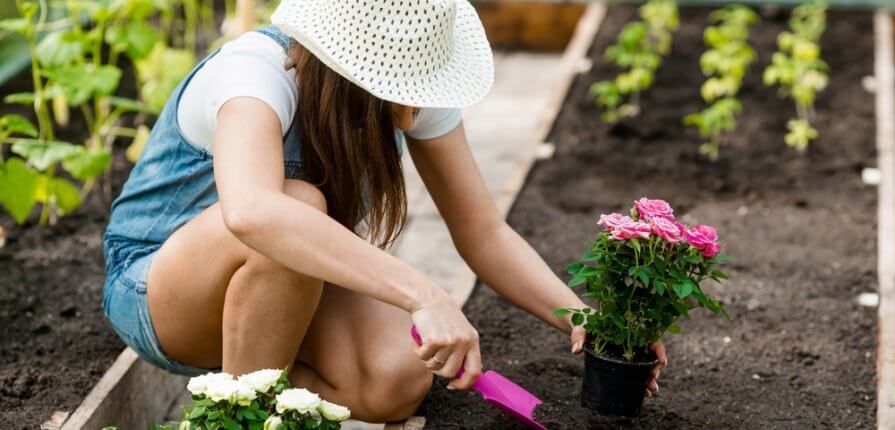
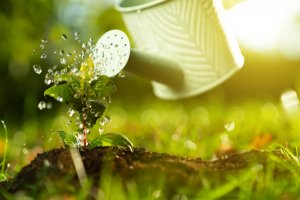
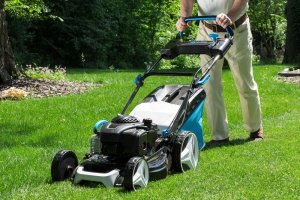
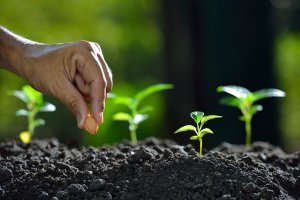
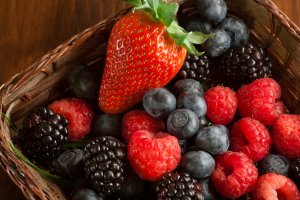
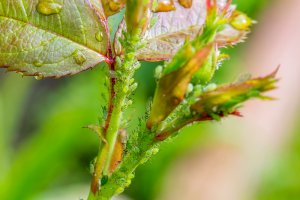
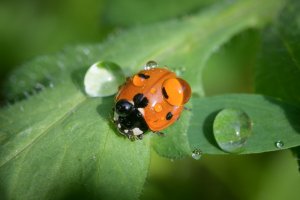
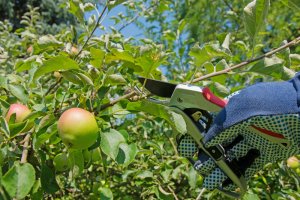
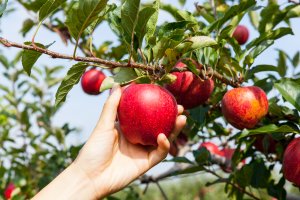

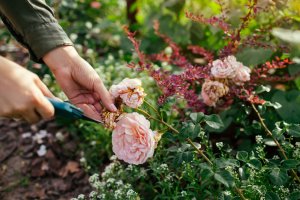
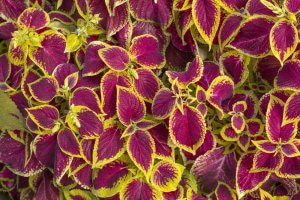
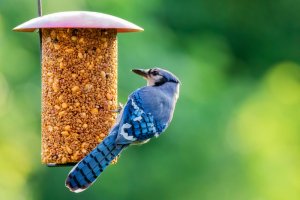



— 5,456 Comments —